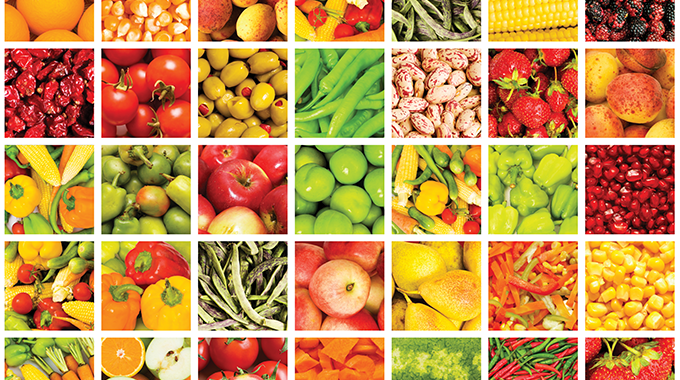Many parents ask if it’s possible to buy organic on budget. Yes it is; give it a try by following these tips:
Buy in bulk
Items purchased in bulk tend to be less costly than those packaged in smaller amounts with brand names and is the same for organic produce. While this won’t always be the case, on the whole, bulk is cheaper. Search to find health food stores, markets and specialty grocery stores that carry bulk organic basics in your area.
Buy in season
Seasonal produce will always be more affordable. Do a Google search for what’s in season right now and find recipes for using them. Keep in mind that what’s in season varies around the country.
Shop locally
The benefits of eating food that is grown close includes reduced costs, increased freshness and a plentiful supply. If you’re lucky, it might also mean a faster shop if you have narrowed down your shopping options to a few key, ideal places near you.
Befriend a gardener or farmer
Knowing someone who is growing food organically can help to reduce the costs. You might even get produce for free if you barter something in return, such as your services to weed or harvest or offering your professional services.
Bountiful Baskets Food Co-op
The co-op offers a conventional produce basket that is generally half fruit and half veggies. The monetary contribution is $15 and is generally worth $50 retail. Organic baskets require a contribution of $25. To participate visit BountifulBaskets.org and check the schedule to see when your area is available to make your monetary contribution using a debit or credit card. Then, pick up your basket on Saturday morning at the time and place you chose when you made your contribution.
Grow your own
If you’ve got some outdoor space with sunshine, even if it’s just a patio, deck or parking strip, plant some container vegetables or a small garden.
Cook from scratch
Making your meals at home is not only frugal, but also healthier. You know exactly what is going into your food – avoiding the unknown additives, preservatives and origins of mixed foods. If don’t have any extra space to grow, see if there’s a local community garden plot near you that might have some room available.
Growing Local
The General Beadle Community Garden is entering its fifth season under the direction of Morgan Von Haden, North Rapid Community Coordinator. “Our school garden has truly become a highlight of our neighborhood and school. The kids, families, staff and community are all part of making it happen,“ said Von Haden.
In 2014, the General Beadle Community Gardens project received the Sustainability Award given by the city of Rapid City. The award recognized the Garden for providing community involvement, environmental education, gardening skills, plant stewardship, community identity and civic engagement. The gardens also use existing land in a new way, utilize land efficiently and encourage interaction across multiple generations.
Von Haden estimates that 140 families were fed with the harvest in 2015. The group predicts they’ll again produce more than 700 pounds of food, a measurement taken in 2014.

